Beyond the Classroom

Co-op Program
Internships
Research Opportunities
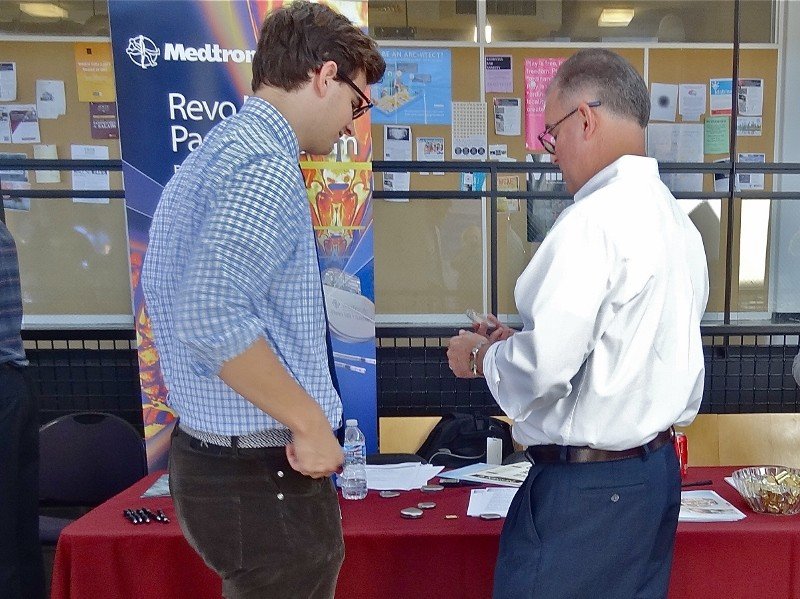
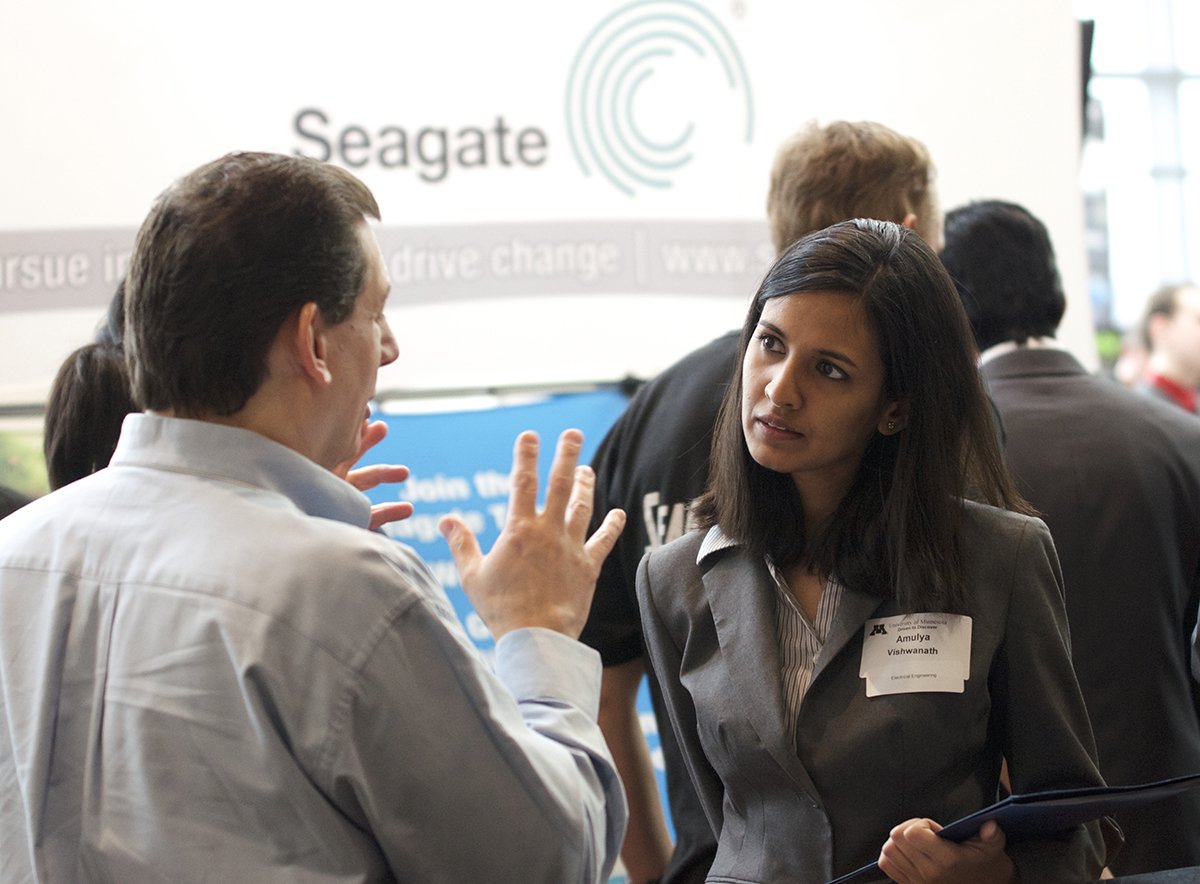
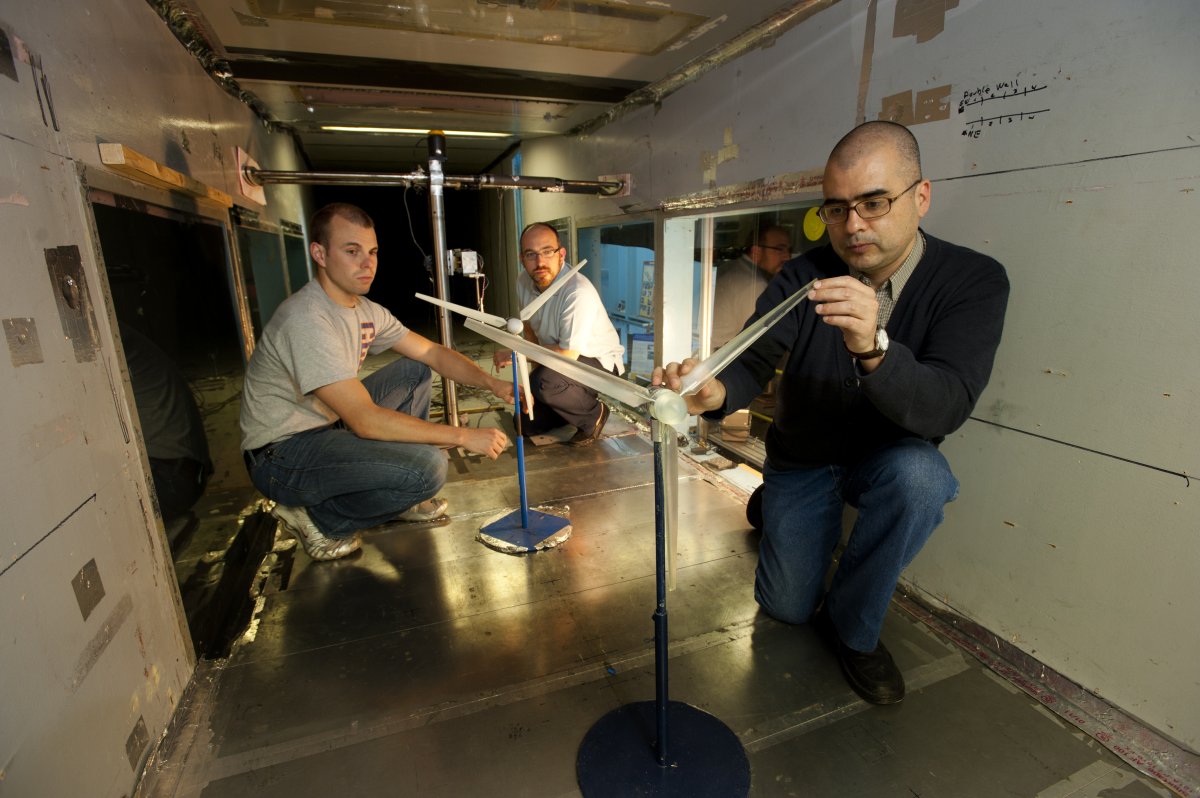
+
What is the Co-op Program?
Qualified AEM students may participate in the CSE Engineering Co-op Program in order to gain valuable work experience while maintaining a full-time-student status and earning elective credits towards their degree.
Completion of the program requires engagement in co-op work over at least two terms, including a summer term.
Eligibility Criteria
- Applicants must be upper-division AEM majors in good academic standing as determined by the AEM Director of Undergraduate Studies.
- All required coursework through the spring semester of the junior year must be completed before a student can begin their co-op.
- Applicants are required to indicate that they plan to do a co-op when submitting a one-year plan and should not apply for a co-op until the plan has been approved by their faculty advisor.
Required Coursework
Students admitted to the Engineering Co-op Program are required to register for the courses:
- ME 3041 Industrial Assignment I (2 credits) (first co-op semester)
- ME 4043W Industrial Assignment II (4 credits) (second co-op semester)
Technical Elective Credits
The 4 credits from the second semester Industrial Assignment course may be applied towards the 9 required technical elective credits for the BAEM degree. Lower division technical elective credits will not be accepted in conjunction with technical elective credits for a co-op.
AEM Co-op Schedule
Standard option:
Students following the standard AEM 4-year plan can complete a co-op in one of two ways.
Option 1: Summer after junior year followed by fall of senior year.
Option 2: Fall of senior year followed by summer after senior year.
In both cases, students will need to take classes in the fall of their fifth year.
Non-standard options:
Students who are ahead of schedule with their classes may be able to create their own timelines for doing co-ops. In such cases students will need to contact the AEM Director of Undergraduate Studies for approval of their plan.
+
Why an internship?
Internships provide valuable on-the-job experience for students to learn and develop in a professional engineering environment. Students graduate with on-the-job experience making them more valuable to future employers and increases opportunities for more responsible initial career assignments. It provides career perspective that can't be learned in a classroom.
The Internship Program provides students with industrial experience during their junior and senior years. Through the intern program, students gain an understanding of an engineer's role in industry. For future employers, it provides graduates who know what they want in their careers, who are familiar with the environment, and have an understanding of the corporate culture. Internships prepare students by teaching them to work with others as a team, and how to apply classroom knowledge in the real world.
More information can be found on the Internships Job Contacts page and the College of Science and Engineering Career Center site.
+
Exploring research opportunities
An advantage of attending a major research university is the number of opportunities for undergraduates to participate in research projects. Research provides undergraduate students the opportunity for mentorship with renowned faculty and graduate students, active learning, and a chance to create new knowledge while being challenged in new ways.
Different Ways to Get Involved with Research
UROP: Undergraduate Research Opportunities Program
Undergraduate Research Scholarships (URS)
The North Star STEM Alliance Program
National Science Foundation Research Experiences for Undergraduates
Faculty Research Projects (Contact your instructor for more information.)
Directed Research: Getting Class Credit for Research (Contact your advisor for more information.)
Student Projects
Other Student Groups
Global Learning
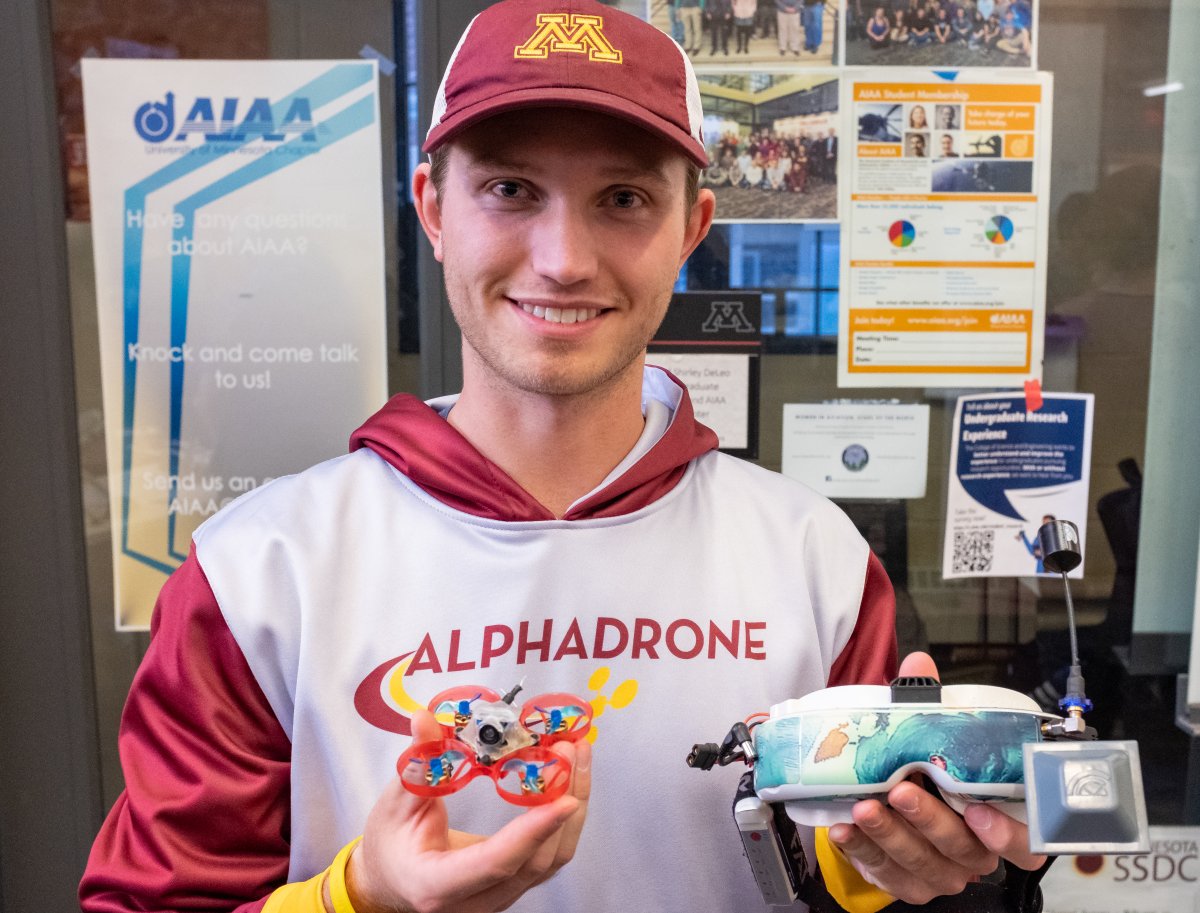
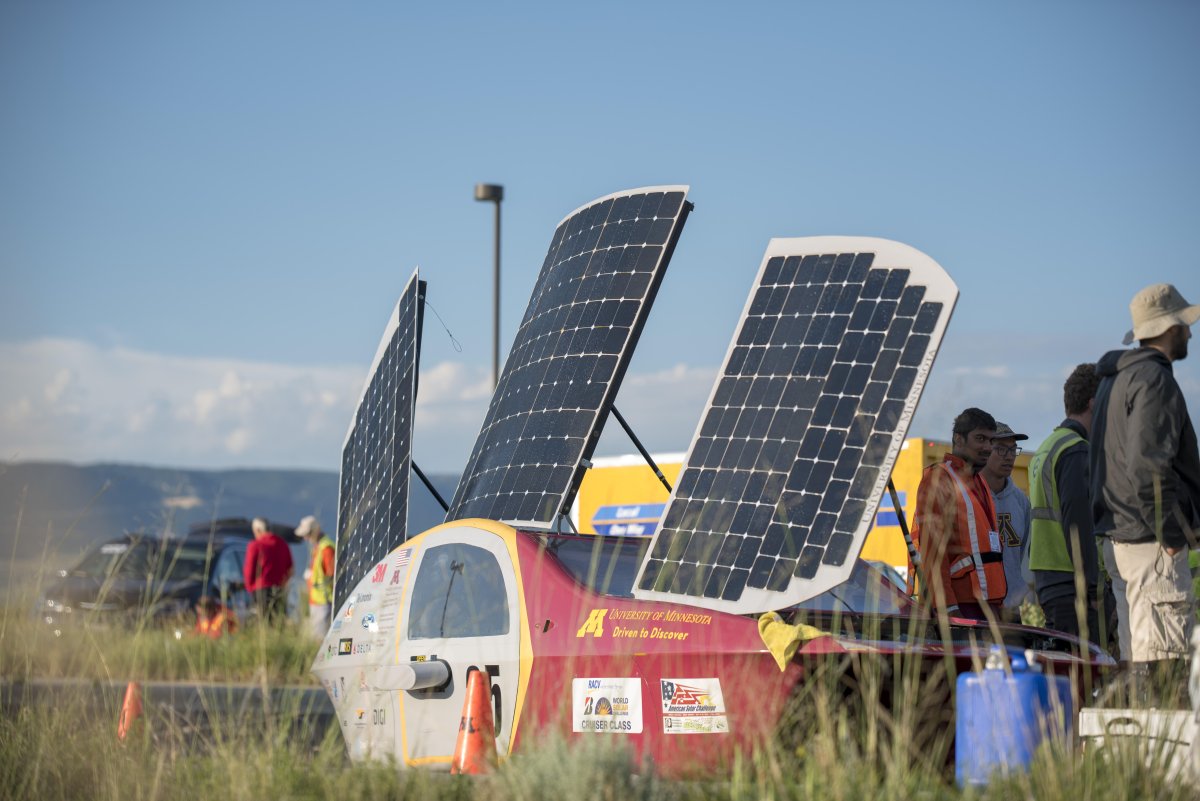

+
Student Projects within AEM
Minnesota Space Grant Consortium
The Minnesota Space Grant Consortium (MnSGC) is a University outreach program from NASA under AEM, which provides students with scholarships/fellowships, internships with NASA, and many other opportunities for involvement. Activities range from a Stratospheric Ballooning team and quadcopter design to high power rocketry competitions.
Uninhabited Aerial Vehicle (UAV) Laboratories
The UAV research group develops and implements world-class, open-source, and low-cost aeronautics research infrastructure. AEM's UAV Lab offers undergraduate and graduate students an opportunity to participate in real-world aircraft development and flight testing with the ultimate goal of enabling safer and more fuel-efficient aircraft and UAVs.
Rocket Team
The University of Minnesota Rocket Team brings together undergraduate students from a wide variety of majors to work together on the construction and launch of multiple high-powered rockets throughout the school year.
Team competitions include Spaceport America Cup, Space Grant Midwest High-Power Rocketry Competition, and the Big Ten Alka Rocket Challenge.
CanSat
The CanSat Competition is an annual event hosted by the American Astronautical Society (AAS) and the American Institute of Aeronautics and Astronautics (AIAA). The event provides valuable hands-on-experience managing the complete, end-to-end life cycle of a complex engineering project.
Alphadrone
Alphadrone Team is all about going fast. Drone racing is the next up-and-coming sport/esport and Alphadrone has fully embraced the challenge of flying drones at high speeds. The Alphadrone pilots use special headsets to see the course from the perspective of the drone, allowing for incredible 3D maneuvers.
SAE Aero Design
The SAE Aero Design Competition is an opportunity for undergraduate and graduate engineering students to be exposed to the kinds of situations that engineers face in their real-life work environment.
AIAA
The AIAA Student Chapter organizes opportunities for students to learn outside the classroom, including student engineering projects, outreach events, laboratory tours, and presentations from industry professionals. The chapter also helps students develop connections with professionals and employers.
Solar Vehicle Project
The University of Minnesota Solar Vehicle Project was founded in 1990 by a group of undergraduate students from the College of Science and Engineering. Today, the team is one of the most decorated teams in America.
+
CSE Student Groups
Explore Leadership opportunities in the College of Science and Engineering
CSE student groups fall into the following categories:
- Competitive teams—Compete against other universities in design challenges
- Fraternities/sororities—Join a social or professional fraternal group
- Honor societies—Gain recognition for academic excellence
- Leadership—Showcase leadership skills through volunteer opportunities, special events, and student government
- Professional organizations—Network with students and professionals in your field
- Project-based—Research, design, and build in interdisciplinary teams
- Special interest—Make the college and our world a better place
More information can be found on the CSE Student groups webpage.
+
Ways to learn abroad
First-year learn abroad
First-year CSE students will join other Big Ten schools for a summer session at University College Dublin. Participating students will fulfill Physics II (PHYS 1302) and liberal education requirements (Historical Perspectives and Global Perspectives). Learn more about the program on the University College Dublin summer session webpage.
CSE Global Seminars
Travel on a faculty-led, three-week global seminar during winter break or May Session. Explore technical topics and global communities while earning three technical credits. Learn more about CSE Global Seminars.
Exchange programs
Study at a foreign university through semester or summer exchange programs and take technical coursework, fulfill liberal education requirements or earn language credits. Learn more about exchange programs.
International service and research
Put your technical skills to work through international internships and research, or help others by volunteering for international service organizations. Learn more about international service and research.